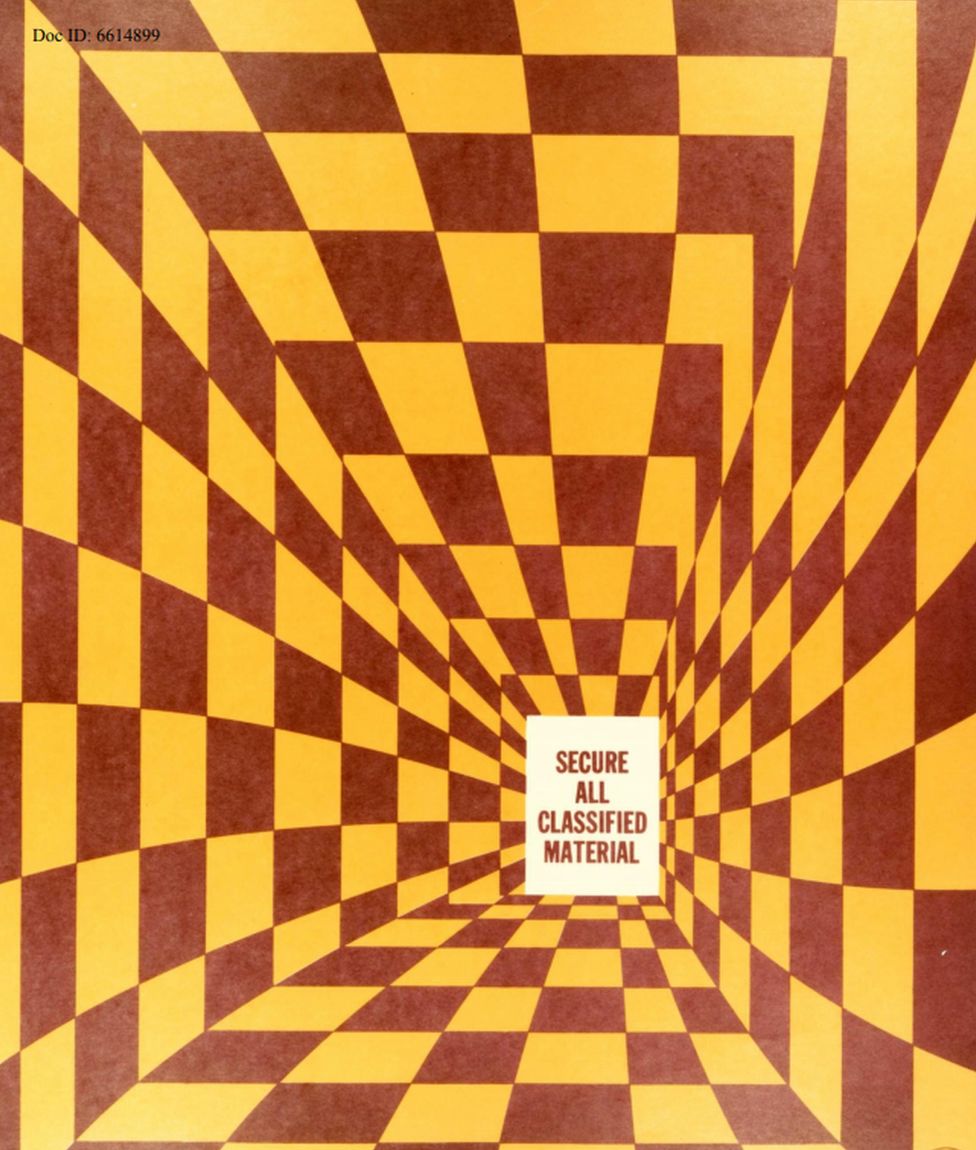Stuff from me
I put up two more pieces on the EA Forum that I didn’t think needed to be on this blog: a question about Bostrom’s “Disneyland without children” and a followup to my previous post about ageing-based welfare measures with some concrete suggestions for future progress in the area.
New stuff
Technically, much of this stuff is not actually new, but I only came across it recently and it’s my blog.
- Lately I’ve been enjoying Jason Crawford’s blog Roots of Progress: “an intellectual project, which may take many years, to understand the nature and cause of human progress.” Highlights include his discussion of the fundamental artificiality of “natural resources” and his public boggling at the wonders of iron and cement.
- The classic story of how blind auditions reduced discrimination against women in orchestras may not be real.
- The Dutch have a special symbol called the flourish of approval.
- A mole of moles is a lot of moles.
- The UK is experimenting with new ways of paying for antibiotics.
- “Part of what makes us happy is the satisfaction of actually (or likely) helping people. Consequentialism can ask us to give up even this.”
- Here’s an actually-quite-old post about Really Big Numbers. I still don’t really comprehend Graham’s Number, but at least I’m starting to get an inkling of how unimaginably vast it is.
Golden oldies
Here’s some older stuff that I read a while ago, but has been on my mind for one reason or another.
